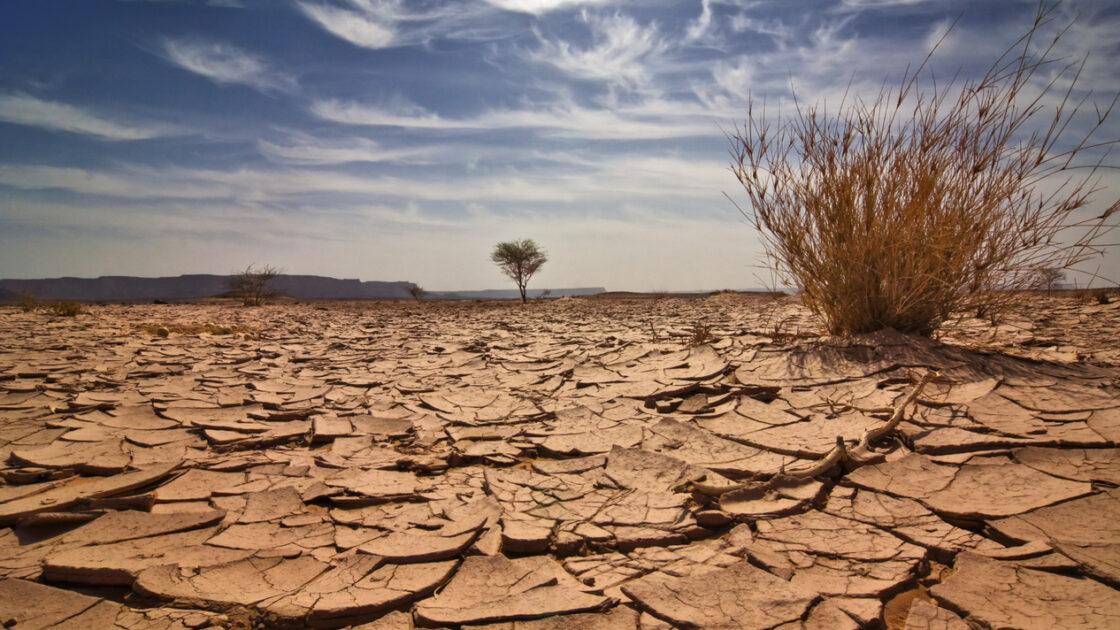Climate Change Will Lead to Profound Food Insecurity Worldwide, New Study Shows

Weather extremes caused by climate change may soon lead to food insecurity around the world, according to a paper from the University of Exeter.
The paper was published in the journal Philosophical Transactions of the Royal Society A, as part of a theme issue entitled “The Paris Agreement: understanding the physical and social challenges for a warming world of 1.5°C above pre-industrial levels.”
The study examined the difference between global warming of 1.5°C and 2°C (compared to pre-industrial levels) in 122 developing and least-developed countries and found that the latter scenario would be worse for 76 percent of developing countries; four countries may reach currently unprecedented levels of food insecurity at 2°C global warming, according to the paper.
“Climate change is expected to lead to more extremes of both heavy rainfall and drought, with different effects in different parts of the world,” Professor Richard Betts, Chair in Climate Impacts at the University of Exeter told Eureka Alert. “Such weather extremes can increase vulnerability to food insecurity.”
For the most part, climate change is expected to lead to wetter conditions around the world. This situation is expected to have a profound impact on food insecurity in South and East Asia. The Ganges River, for example, could more than double in volume at 2°C global warming, leading to profound food insecurity in the region, according to the study.
In some countries, climate change is conversely expected to lead to drought, the worst of which will likely affect southern Africa and South America. This, the study authors say, would also lead to food insecurity in these regions: 80 percent of food insecure people in 2017 lived in Africa; a “good portion” of whose plight was linked to drought, according to an article in Quarterly Journal of the Royal Meteorological Society.
A 2016 report from the United Nations found that 108 million people worldwide were severely food insecure. This marked a dramatic increase from the year before, when 80 million people faced food insecurity around the globe.
Related on Organic Authority
U.S. Not Even in Top Third of Sustainable Food Nations
‘Eat Half as Much Meat,’ New UN Report Says to World’s Richest Nations
Tyson Foods Invests $150 Million in Fixing the Food System with Plant-Based Protein

